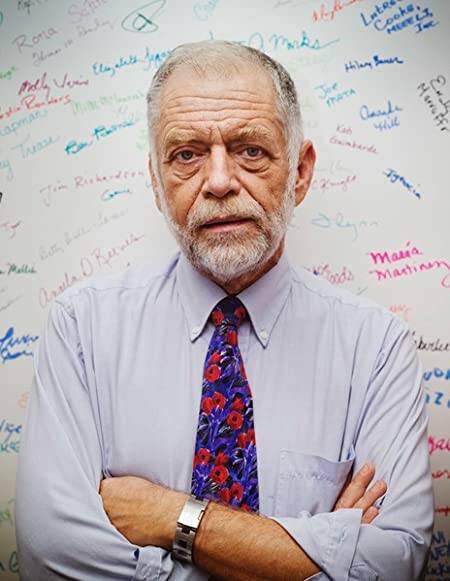Most holidays that we Americans celebrate are about building community, although we generally don’t see it that way and typically take a piecemeal view of a particular holiday. Independence Day, for example, honors our political efforts in that direction.
Some are “corrective” holidays, such as Juneteenth and Martin Luther King Jr. Day, when we commemorate major redirections of the national community, rectifications demanded by justice. None of these days have come about without a long, hard struggle and, unfortunately, the spilling of blood and violence from those opposing community change.
Labor Day is one of those “corrective” holidays. It is a tribute to workers and their struggle to be treated with dignity and justice and not be regarded as existing only for someone else’s wealth. That struggle was fierce and many decades long, often led by immigrants, and awfully bloody. Many laborers and organizers were killed. The state was complicit with the corporate opponents of the labor movement and willingly lent them its power and courts as agents of oppression.
We should not forget or let slip by us for a moment that the labor struggle was about building community in which workers, the backbone of that community, could flourish with their families.
We are beneficiaries of that struggle: the 40-hour week, overtime pay, safer working conditions, grievance processes, a living wage, the legal right to organize, vacation, collective bargaining, retirement, and so on. We should not assume for a moment that these benefits were granted through the largesse and benevolence of big business, railroad owners, coal operations, steel mills and others. History shows contrariwise.
That struggle is not over by any means and continues against resistance and, frequently, our own apathy or lack of understanding.
Labor Day, though, is not just about the past, but about the future. As our community emerges from the pandemic and begins to focus on the almost seemingly intractable issues in front of us, climate change and bitter political divisions being but two issues, we must support those who do the hard work for the community.
Low-income wage earners suffered doubly from the COVID scourge. Construction laborers, educators, health professionals and service industry workers all had to stay at it to support the rest of us; they did an admirable job, without much gratitude.
We ought to greet every worker with thanks for their work (something few of us do) and support their efforts toward a fairer community, even when it is a sacrifice for us. Nothing we do by way of support or sacrifice even comes near what others endured in earlier days to give us the benefits we enjoy today.
Unions are not perfect, any more than churches are; but they are necessary institutions, albeit always in need of reform. Unions help guide us and set our eyes on the prize of an ever-better community. Community building is a messy enterprise.
We should honor picket lines and consumer boycotts, support legislation and contribute financially to striking workers.
We should be attentive to our purchasing habits online. Just because one company might be a few dollars cheaper and larger than another doesn’t mean we should patronize it, if it treats its workers poorly or retaliates against them when organizing. People sacrificed much more than a few dollars in the past to provide what we have today and too often take for granted. A misplaced sense of individual entitlement undermines community building.
Likewise, when purchasing items of whatever kind, we should make sure they are produced in this country or in a country that protects workers. That rules out a number of foreign countries from where we too glibly buy things just because they are cheaper.
Labor Day is a good time to start saying thanks to the workers around us, to support them and to remind each other, family, friends and co-workers that Labor Day is about building community and that we still have much to do.
Jim Harrington, a human rights lawyer in Austin, is the retired founder of the Texas Civil Rights Project.




